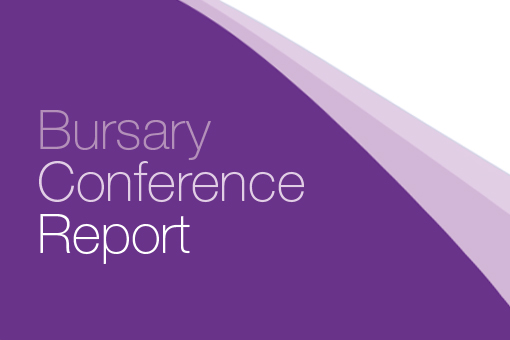ACC Annual Scientific Sessions 2017 - By Dr. R. Potluri

Bursary recipient, Dr. R. Potluri reports from Washington DC on The American College of Cardiology Annual Scientific Sessions,17-19 March 2017.
I would like to thank the British Cardiovascular Society for supporting my attendance with a BCS Travel bursary. I attended ACC 2017 to update myself about the latest cutting edge research in the world of cardiovascular medicine and also to present some of my own research from the ACALM Study Unit in the form of an oral communication on Sunday 19 March 2017.
Although I have attended many cardiovascular conferences worldwide, this was my first time to ACC and I was very impressed with the organisation of such a large conference in a very small time frame (3 days) covering a large variety of topics. There were a number of key trials that were presented with impact for cardiovascular practice of he future such as the FOURIER study which showed that patients treated with Repatha on top of statins reduced the risk of the composite end point by 15%. Further evaluation of this study will shape clinical guidelines in years to come. In fact a common theme at ACC 2017 was the notion of pill therapy to prevent development of cardiovascular disease at an earlier point in life. Another important study was the DECISION-CTO study which offered the first real RCT evidence for Chronic Total Occlusion (CTO), although there were a number of issues with the design of this study.
On Sunday 19th March, I presented my research utilising the Algorithm for Comorbidities, Associations, Length of stay and Mortality (ACALM) to study patients with Spontaneous Coronary Artery Dissection (SCAD). Using the ACALM big data approach, we compiled one of the largest ever registries of SCAD patients ever studied. We showed that SCAD predominantly affects younger women with an absence of traditional cardiovascular risk factors and for the first time the long term (over 10 year) outcomes and management of this condition. We managed to raise awareness of this condition because of the widespread global media coverage that this work attracted.
ACC 2017 also had a number of scheduled networking sessions including the international member reception, the general reception and interactions with legends of ACC. This enabled me to interact with a number of international researchers to develop further collaborations. There were also a number of opportunities to update myself on the latest ACC guidelines.
Overall, attending ACC 2017 was an enriching experience and I thank the BCS for their support.
Dr. Rahul Potluri
Founder ACALM
Information on how BCS members can apply for support to attend conferences can be found on the Travel Bursaries page
Community Events Calendar


